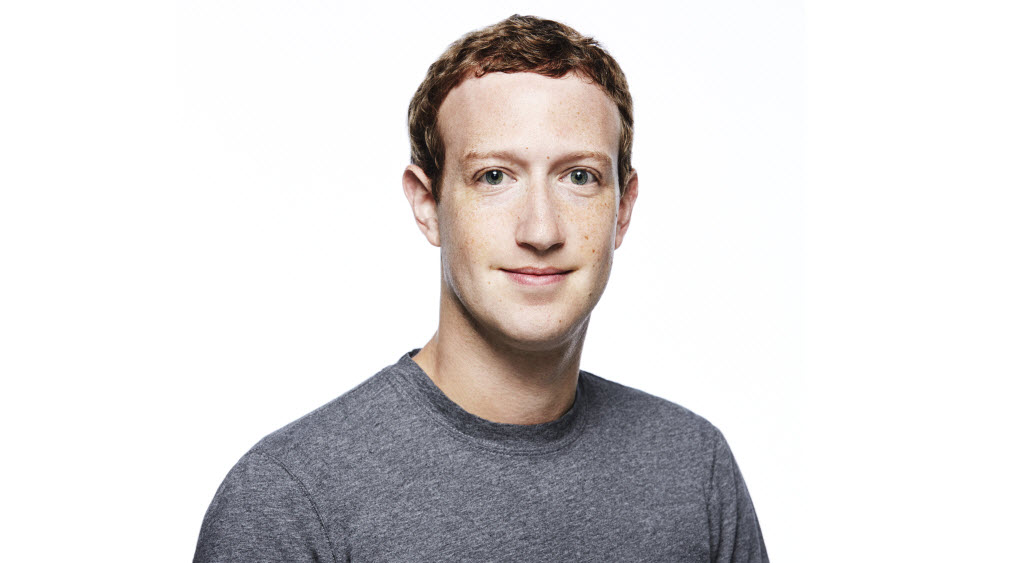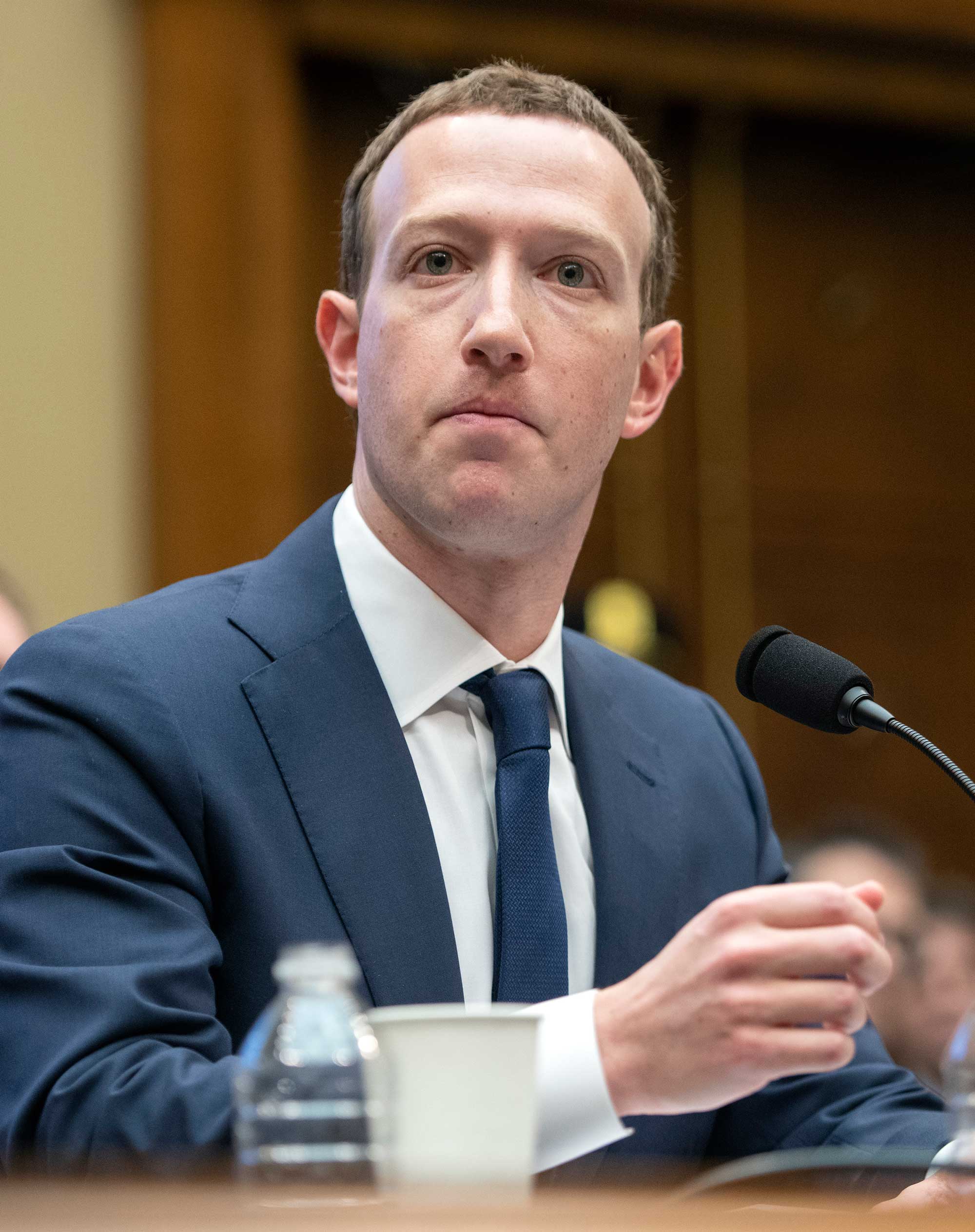Zuckerberg: Libra Won't Launch Anywhere Without U.S. Regulator Buy-In

The smarter way to stay on top of broadcasting and cable industry. Sign up below
You are now subscribed
Your newsletter sign-up was successful

Facebook CEO Mark Zuckerberg said the company will not launch its Libra digital currency payment system anywhere in the world unless and until it gets a sign-off from U.S. regulators.
That came in prepared testimony for a Senate Financial Services Committee hearing Wednesday (Oct. 23) on Facebook's proposed cryptocurrency and the Calibra digital wallet app.
Zuckerberg conceded Facebook had public--and government--perception hurdles to surmount. "We’ve faced a lot of issues over the past few years, and I’m sure people wish it was anyone but Facebook putting this idea forward," he said, but added: "[T]here’s a reason we care about this. Facebook is about putting power in people’s hands."
But it is a power that can be abused, he conceded, saying the company would address regulatory concerns "including money laundering and terrorism financing, sanctions, and potential currency disruption and systemic risk."
Zuckerberg said that Facebook has begun a dialogue with financial regulators and policymakers--the hearing being part of that--about Libra, but was not going to rush the project.
"We want to be clear: Facebook will not be a part of launching the Libra payments system anywhere in the world unless all US regulators approve it. And we support Libra delaying its launch until it has fully addressed US regulatory concerns," he told the committee.
Zuckerberg argues that rather than potentially abetting money laundering or terrorism financing, Libra can be a solution. "A lot of illicit activities are funded through cash. A digital payments system with regulated on- and off-ramps and proper know your customer practices is easier to secure, and law enforcement and regulators can conduct their own analysis of on-chain activity."
The smarter way to stay on top of broadcasting and cable industry. Sign up below
The Facebook founder also talked more generally about the anti-Big Tech sentiment in Washington, and the potential that impeding U.S. tech progress could leave the field open for foreign governments or companies with "very different values."
"Technology is playing a greater role in our lives and our society," he said, "and we’ve made mistakes. But if healthy skepticism becomes all-out hostility, we’ll put a lot of progress at risk—not just in the world, where American tech companies have an opportunity to champion American values, but also closer to home."
That said, Zuckerberg renewed his call for "a more active role for governments and regulators on harmful content, protecting elections, privacy, and data portability."
Contributing editor John Eggerton has been an editor and/or writer on media regulation, legislation and policy for over four decades, including covering the FCC, FTC, Congress, the major media trade associations, and the federal courts. In addition to Multichannel News and Broadcasting + Cable, his work has appeared in Radio World, TV Technology, TV Fax, This Week in Consumer Electronics, Variety and the Encyclopedia Britannica.

